12 Incredible TV Shows You’ll Likely Never Watch Again
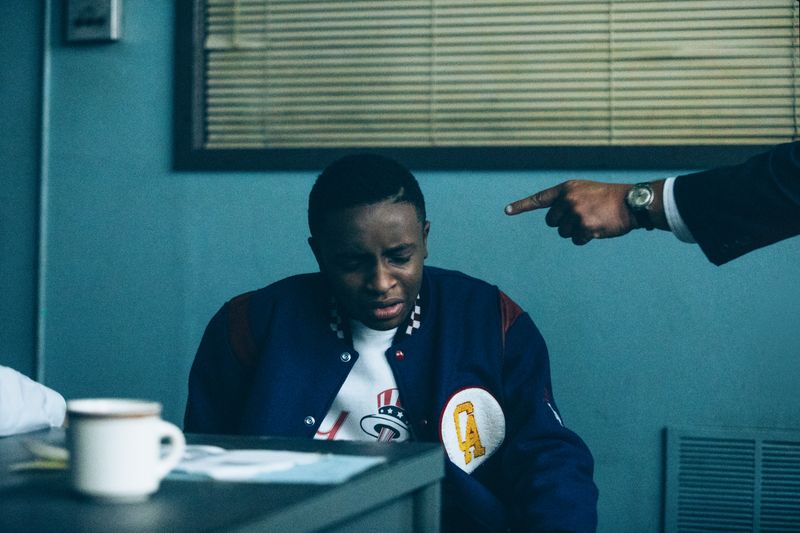
Television sometimes gifts us with masterpieces that leave permanent marks on our souls. These shows captivate us with their brilliant storytelling, unforgettable characters, and emotional impact. Yet paradoxically, some of the most extraordinary series are ones we experience just once. Whether due to emotional intensity, controversial endings, or real-world complications, these remarkable shows often remain single-viewing experiences despite their undeniable quality.
1. Game of Thrones

Remember when everyone couldn’t stop talking about dragons and Starks? For nearly a decade, this medieval fantasy dominated pop culture, redefining what television could accomplish with its epic scope and ruthless storytelling.
The shocking twists and complex political intrigue kept viewers obsessively theorizing week after week. Unfortunately, the rushed final season left millions feeling betrayed, with character arcs abandoned and plot threads hastily resolved.
Many fans who once decorated their homes with House sigils now avoid rewatching, fearing the early brilliance would be tainted by knowing the disappointing destination. The journey might have been magnificent, but that controversial ending makes revisiting Westeros a bittersweet proposition.
2. The Wire
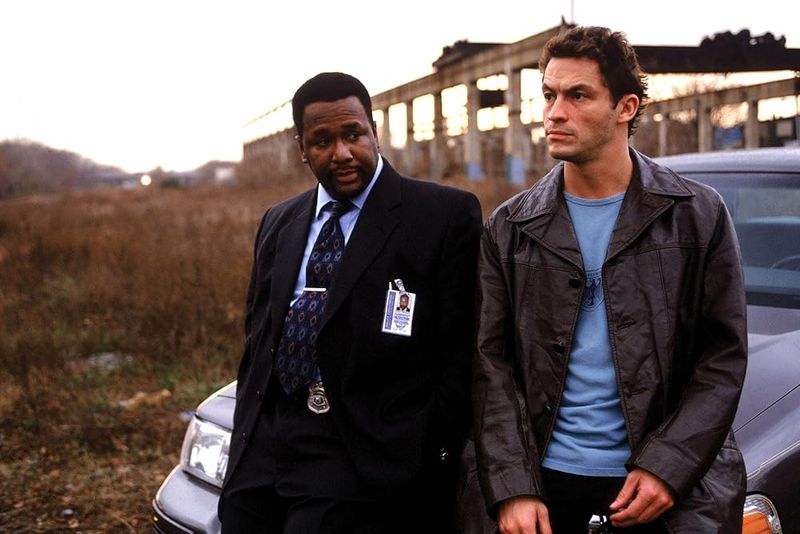
Police procedurals rarely achieve the depth and societal commentary found in this HBO masterpiece. Each season meticulously dissected different Baltimore institutions—law enforcement, ports, politics, schools, and media—creating a comprehensive portrait of urban America.
Critics universally praise its authentic portrayal of systemic issues and unforgettable characters like Omar Little and Stringer Bell. Yet the show’s deliberate pacing and sprawling cast demand total viewer commitment.
Few find themselves casually revisiting this dense narrative tapestry despite acknowledging its greatness. The Wire requires emotional investment that many can only give once, making it simultaneously the most respected and least rewatched prestige drama in television history.
3. Happy Valley
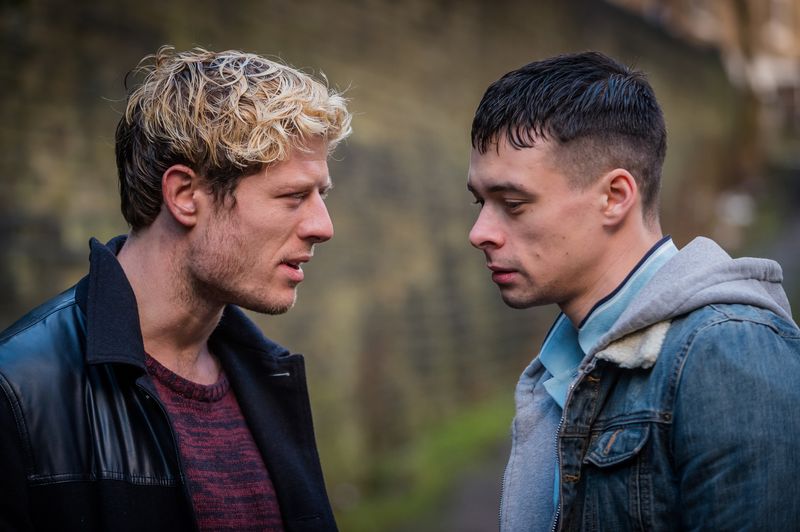
Sarah Lancashire’s tour-de-force performance as Sergeant Catherine Cawood anchors this bleak British crime drama. Set against the unforgiving backdrop of West Yorkshire, the series follows Cawood’s pursuit of the man who sexually assaulted her daughter and led to her suicide.
The show’s unflinching portrayal of violence, addiction, and trauma earned critical acclaim worldwide. Lancashire brings remarkable humanity to a character weathering unimaginable grief while maintaining professional duty.
Despite its brilliance, many viewers find themselves emotionally drained after completing the series. The raw depiction of human suffering makes Happy Valley a challenging prospect for repeat viewing, regardless of its masterful craftsmanship and compelling narrative.
4. When They See Us
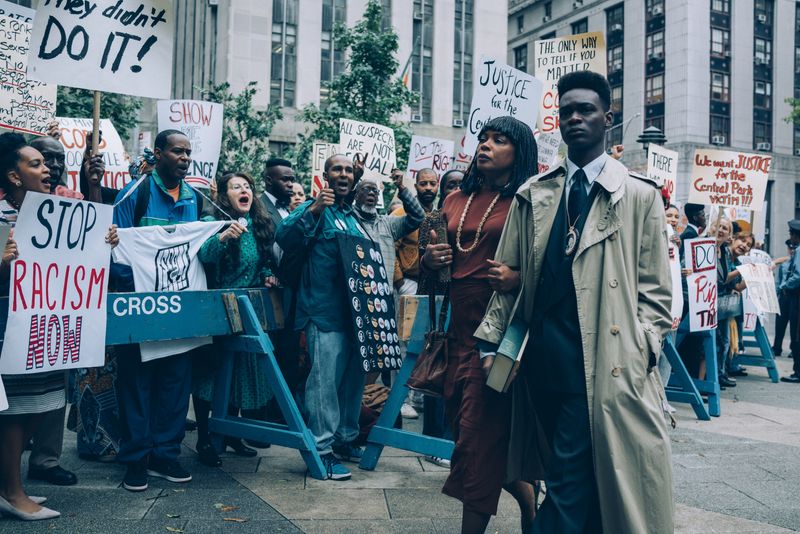
Ava DuVernay’s miniseries chronicling the Central Park Five case stands as one of Netflix’s most important productions. The four-part drama follows five innocent Black and Latino teenagers wrongfully convicted of a brutal attack in 1989 New York City.
Viewers witness the systematic racism that destroyed these young lives, from coerced confessions to harsh incarceration. The performances, particularly Jharrel Jerome’s Emmy-winning portrayal of Korey Wise, deliver raw emotional devastation.
While critically acclaimed and socially vital, most viewers admit they simply cannot stomach returning to this harrowing true story. The injustice depicted hits too close to home, making this powerful series something most experience just once despite its extraordinary quality.
5. The Penguin
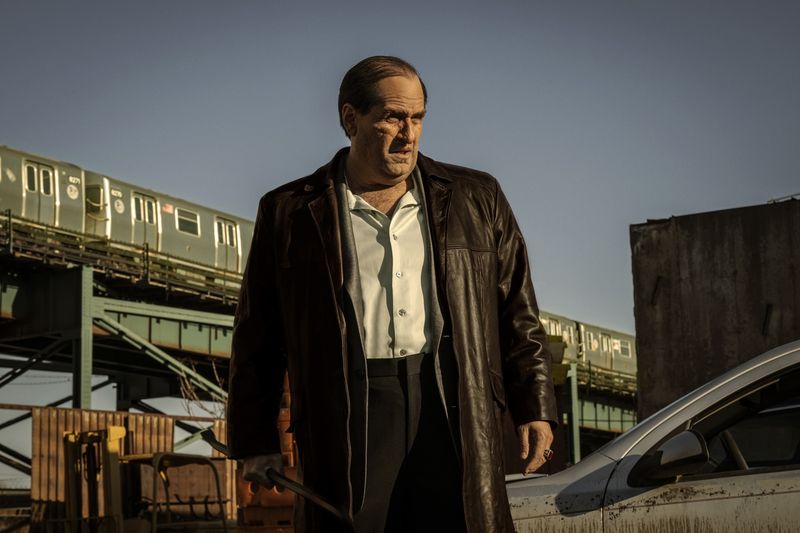
Colin Farrell disappears completely beneath prosthetics to portray Oswald Cobblepot’s bloody rise through Gotham’s criminal underworld. This Batman spinoff series crafts a crime saga worthy of Scorsese, with violence that makes viewers flinch and moral ambiguity that leaves them questioning their sympathies.
The show’s production design creates a Gotham that feels perpetually damp, decaying, and dangerous. Supporting performances from Cristin Milioti and others match Farrell’s intensity in this unforgettable portrayal of corruption and ambition.
While mesmerizing on first viewing, the series’ relentlessly bleak atmosphere and graphic violence make it difficult comfort viewing. Most viewers appreciate The Penguin’s craftsmanship while acknowledging they’ll probably never revisit its rain-soaked brutality.
6. It’s A Sin

Russell T Davies’ limited series follows a group of gay friends in London as the AIDS epidemic begins its devastating spread. Vibrant scenes of youth, freedom, and chosen family gradually give way to hospital rooms, funeral homes, and empty apartments.
The young cast delivers heartbreakingly authentic performances as their characters face discrimination alongside terminal illness. Particularly devastating is the contrast between colorful club scenes and the clinical isolation many victims endured.
Viewers universally praise this important historical document while admitting its emotional toll makes rewatching nearly impossible. The series beautifully honors those lost to the crisis through joyful celebration of their lives, but few can bear witnessing these inevitable tragedies twice, no matter how lovingly portrayed.
7. Chernobyl
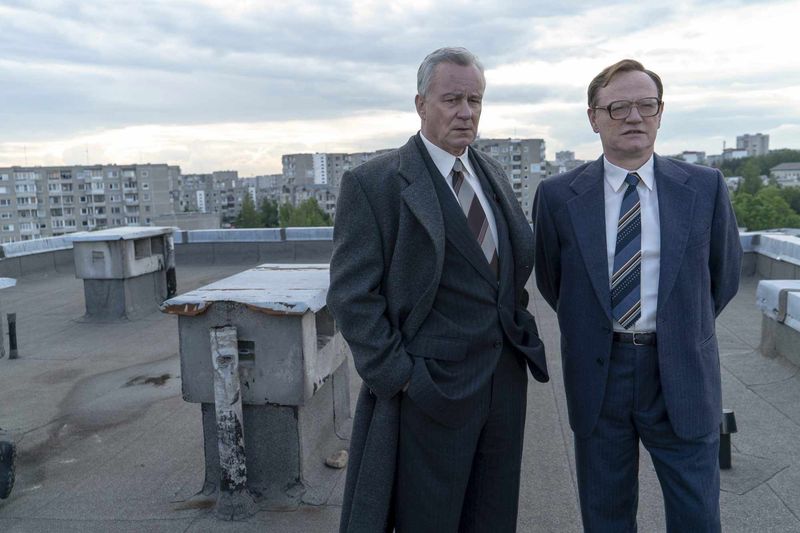
HBO’s meticulous recreation of history’s worst nuclear disaster achieved rare perfect scores from critics. The miniseries chronicles the 1986 explosion at the Ukrainian power plant and the subsequent heroic containment efforts alongside governmental denials.
Jared Harris and Stellan Skarsgård deliver powerful performances as scientists fighting bureaucracy while radiation claims lives around them. The show’s sound design deserves special mention—the haunting clicks of dosimeters and the ominous hum of the damaged reactor create visceral dread.
Despite universal acclaim, most viewers admit they’ve never returned to Chernobyl after initial viewing. The combination of historical accuracy, body horror, and systemic failure creates such intense anxiety that revisiting feels almost masochistic, regardless of the production’s undeniable excellence.
8. House of Cards
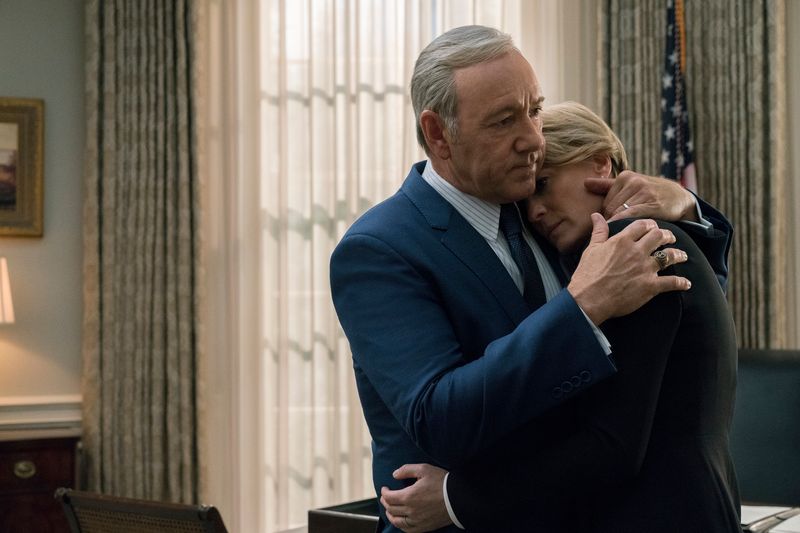
Netflix’s first original drama changed streaming television forever with its Shakespearean political machinations and fourth-wall-breaking monologues. Kevin Spacey’s Frank Underwood and Robin Wright’s Claire created an unforgettable power couple whose ambition knew no moral boundaries.
For several seasons, viewers eagerly followed the Underwoods’ calculated rise to presidential power. The show’s cynical view of Washington seemed like entertaining fiction—until it wasn’t.
Sexual misconduct allegations against Spacey in 2017 fundamentally altered how audiences view the series. The final Spacey-less season attempted damage control, but most viewers avoid rewatching, finding the real-world context too distracting. What was once appointment television now feels uncomfortably prophetic about power’s corrupting influence both on and off screen.
9. The Sarah Jane Adventures
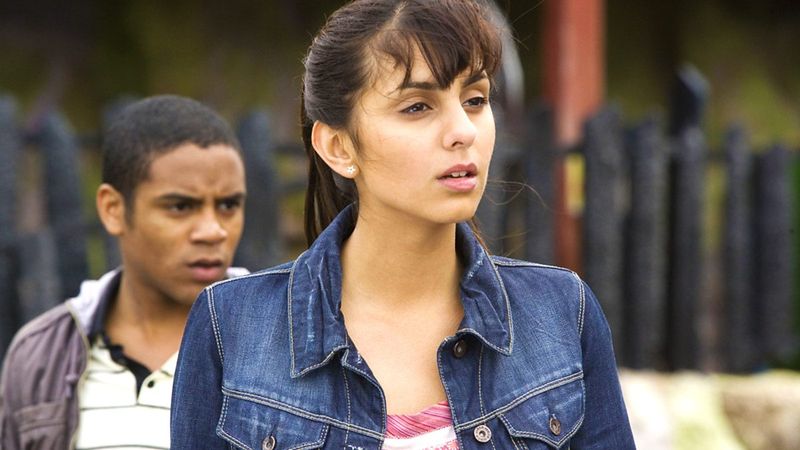
Elisabeth Sladen reprised her beloved Doctor Who character Sarah Jane Smith in this family-friendly spinoff that captured hearts across generations. The series perfectly balanced alien threats with heartwarming found-family dynamics as Sarah Jane mentored neighborhood teens in extraterrestrial investigations.
Sladen brought tremendous warmth and intelligence to the role she’d intermittently played since 1973. Young viewers found an inspiring older heroine while longtime Doctor Who fans delighted in seeing the character’s continued adventures.
Tragically, Sladen passed away during production in 2011, ending the series prematurely. Many fans find rewatching too emotional knowing the real-world loss behind the scenes. The show’s abrupt conclusion without proper resolution makes revisiting this otherwise joyful series a poignant experience few choose to repeat.
10. 24

Kiefer Sutherland’s Jack Bauer redefined action television with this innovative series presenting each season as a single day unfolding in real-time. The ticking clock, split-screen visuals, and Bauer’s increasingly desperate methods created unprecedented tension week after week.
For early 2000s viewers, the show’s post-9/11 themes of terrorism and national security felt urgently relevant. Each hour ended with cliffhangers that made 24 one of television’s most addictive viewing experiences.
Unfortunately, the series hasn’t aged well. Its politics now feel heavy-handed, and the real-time format that once seemed revolutionary now creates pacing issues for modern binge-watchers. Even fans who obsessively followed Bauer’s original exploits rarely revisit this groundbreaking but ultimately dated thriller.
11. The Handmaid’s Tale
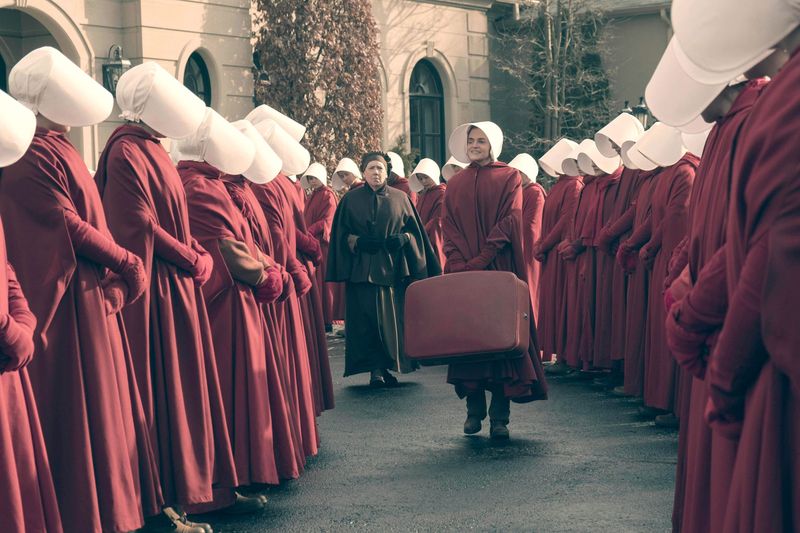
Margaret Atwood’s dystopian novel received a visually stunning adaptation led by Elisabeth Moss’s extraordinary performance as June/Offred. The series depicts a near-future America transformed into the theocratic Gilead, where fertile women are enslaved as reproductive surrogates for the ruling class.
The show’s distinctive visual language—particularly the blood-red cloaks and white bonnets—became powerful real-world protest symbols. Early seasons especially delivered unforgettable television moments through meticulous world-building and harrowing character journeys.
Despite critical acclaim and cultural impact, many viewers admit they can’t stomach rewatching. The series’ depiction of sexual violence and oppression feels increasingly disturbing as real-world politics echo fictional Gilead. Even ardent fans find the emotional toll too heavy for repeat viewing.
12. Six Feet Under
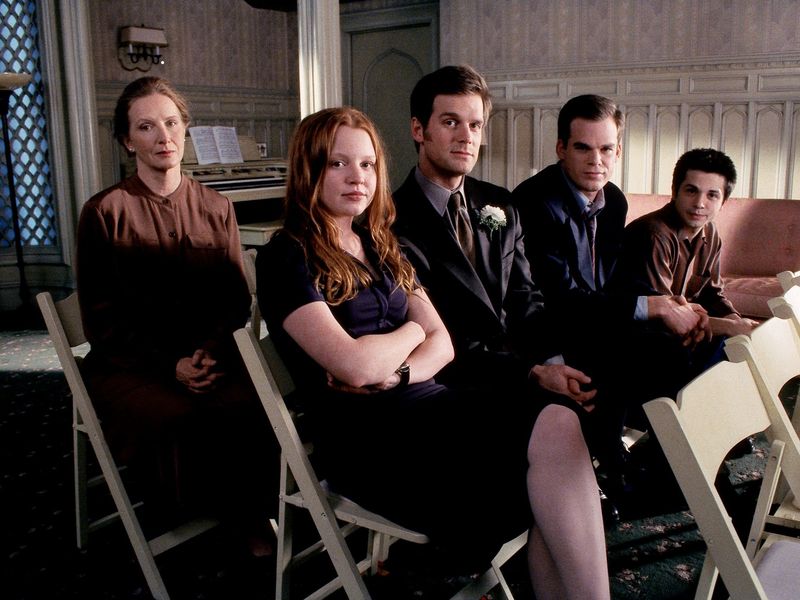
Alan Ball’s HBO drama about a family-run funeral home revolutionized character-driven television with its unflinching exploration of mortality. The Fisher family’s personal and professional lives intertwined as they processed both literal and figurative death throughout five remarkable seasons.
Each episode opened with someone’s demise, using these strangers’ endings to illuminate the main characters’ struggles with life’s meaning. The ensemble cast—including Michael C. Hall, Frances Conroy, and Peter Krause—delivered nuanced performances that made the Fishers feel genuinely real.
The series finale stands as perhaps television’s most perfect ending, following each character to their eventual death in a montage that reduces even stoic viewers to tears. This emotional masterpiece becomes the very reason most watch just once—few can emotionally prepare themselves for that devastating conclusion twice.

Comments
Loading…